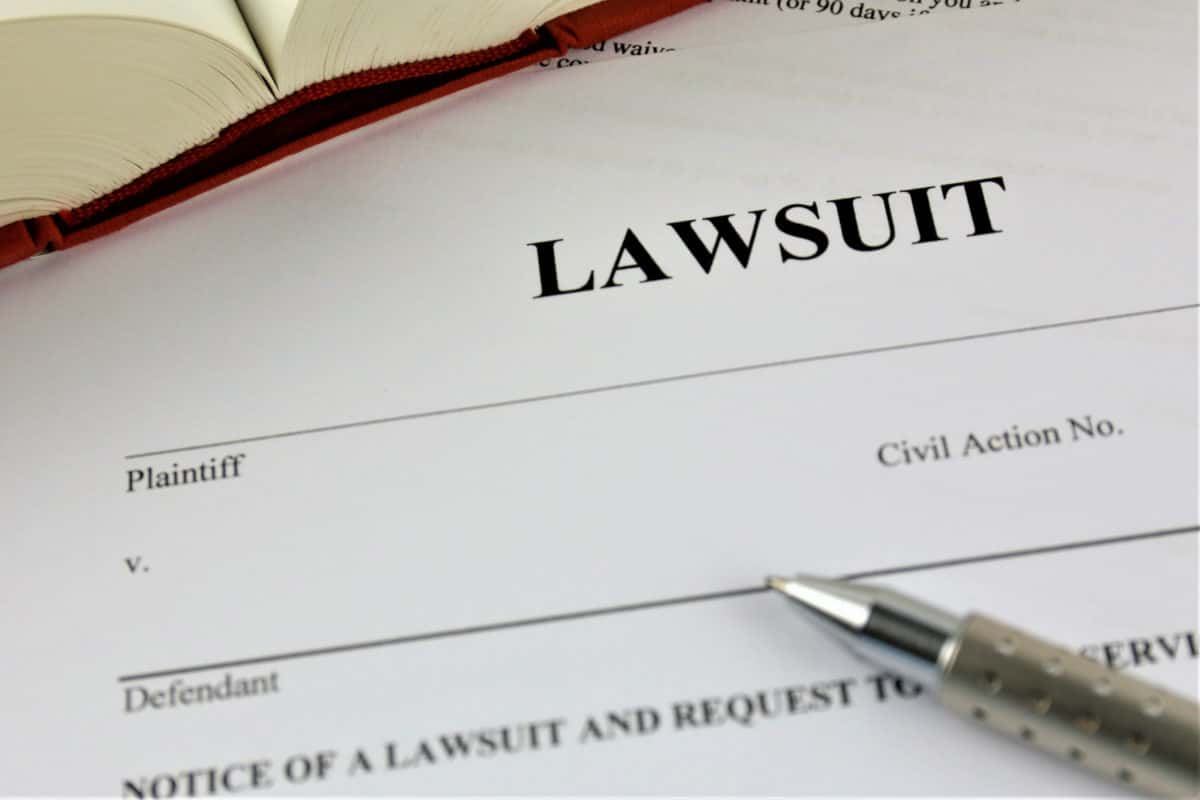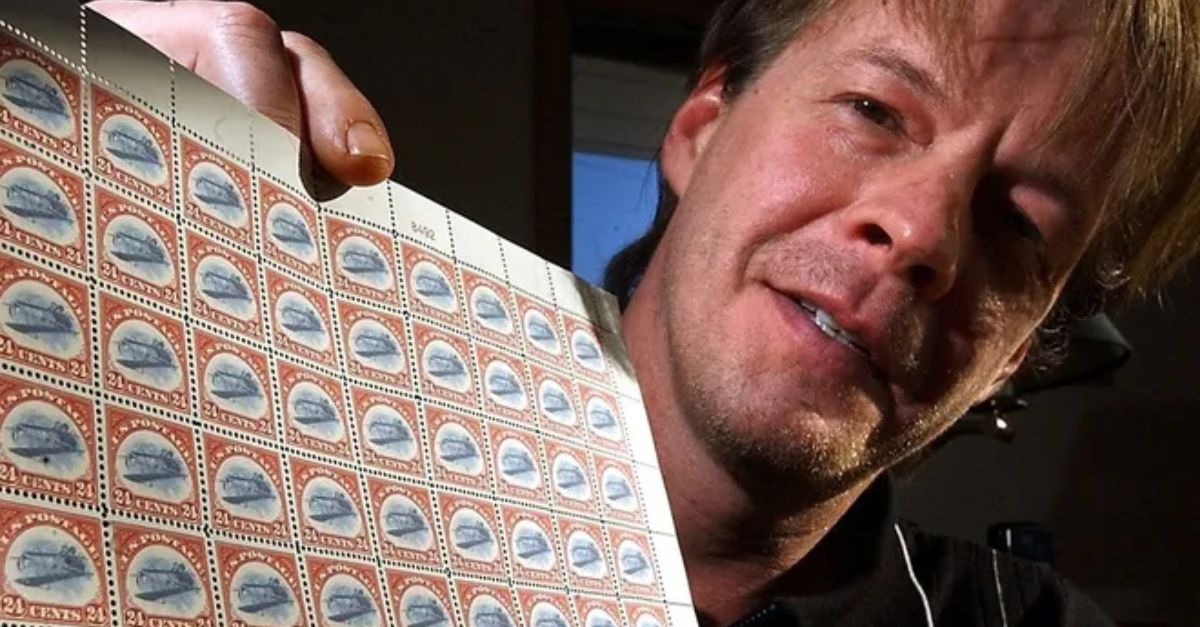A Financial Nightmare
It’s a nightmare scenario: you walk into your bank—or check your app—only to find out your accounts are being shut down. No fraud alerts, no overdrafts, nothing unusual… yet you’re told you have just 30 days to move your money and move on. Can a bank really do this?
There’s Even a Name For It
It’s called de-banking: when a bank suddenly ends its relationship with a customer, often without a clear reason. It’s been happening more often in recent years, and it’s sparked debate about fairness and transparency in the financial system.
The Tough Truth
Here’s the tough truth: banks can legally decide they don’t want to keep you as a customer anymore. And no, they don’t need a criminal charge or an overdraft to justify it. As long as discrimination isn’t at play, the law gives them wide latitude here.
Why the 30-Day Window?
Most banks give 30 days’ notice before shutting down your accounts. That isn’t kindness—it’s logistics. You need time to transfer your money, reroute your paycheck, and move your bills. Without that cushion, everything would collapse overnight.
They At Least Have to Tell You Why, Right?
Nope. Not really. While some banks provide a vague line like “business reasons,” others tell you nothing at all. Annoying? Absolutely. Illegal? No. Unless discrimination or a specific regulation is involved, banks can stay tight-lipped.
Common Triggers for De-Banking
Closures often happen after repeated overdrafts or chargebacks, suspicious-looking transactions, long stretches of inactivity, or even connections to accounts already flagged. Sometimes the reason is simply a bank-wide policy change that sweeps up innocent customers in the process.
Anti-Money Laundering Rules Play a Role
Banks are bound by the Bank Secrecy Act and other laws that force them to monitor for money laundering. Even if your activity is legal, something unusual—like frequent cash deposits or transfers abroad—might be enough to get your account shut down.
The Rise of “De-Risking”
More banks are cutting ties with entire groups of customers they see as risky. That means crypto traders, small cash-heavy businesses, or people wiring money overseas can find themselves suddenly debanked—even when their transactions are perfectly legal.
Sometimes It’s Not About You
Your account may be spotless, but if the bank pulls out of a region, an industry, or even a type of service, your relationship ends anyway. In these cases, you’re simply collateral damage in a bigger business decision.
Can They Keep Your Money?
No. They’re required to return your funds. Typically, that happens through a cashier’s check or by letting you transfer the balance during the 30-day notice period. What they cannot do is keep your money locked up.
What If You Do Nothing?
If you ignore the deadline, the bank will usually mail you a check for whatever balance is left. But your automatic deposits and bill payments will bounce, leaving you with late fees, missed rent, and major stress.
Does It Hurt Your Credit?
The closure itself doesn’t appear on your credit report. But if it causes bounced payments, late fees, or overdrafts, your credit can take a hit indirectly. It’s less about the closure itself and more about the ripple effects.
 LIGHTFIELD STUDIOS, Adobe Stock
LIGHTFIELD STUDIOS, Adobe Stock
Business Owners Have It Worse
For business owners, de-banking can be devastating. Payroll may bounce, vendors might go unpaid, and tax obligations can be disrupted. That 30-day countdown suddenly becomes a race to keep the business afloat.
One Line Banks Can’t Cross
There is one thing banks can’t do: discriminate. They cannot shut you out because of race, gender, religion, or other protected categories. If you think that’s what happened, federal regulators encourage you to file a complaint.
Who Oversees This Stuff?
Regulators like the Consumer Financial Protection Bureau (CFPB) and the Office of the Comptroller of the Currency (OCC) watch over banking practices. You can file a complaint with them, though it usually won’t get your account reopened—it just alerts regulators to possible patterns.
The High-Profile “Debanking” Stories
In recent years, celebrities, political figures, and even whole industries have complained about being debanked. These cases spark debate, but the legal reality remains the same: banks hold broad discretion unless they’re discriminating or breaking specific rules.
 WavebreakMediaMicro, Adobe Stock
WavebreakMediaMicro, Adobe Stock
Can You Sue?
You can try, but most lawsuits don’t go far. Unless the bank is unlawfully holding your money or you can clearly prove discrimination, the courts generally side with banks because account agreements almost always give them termination rights.
What To Do If It Happens To You
The best move is to act quickly. Open a new account at another bank, reroute your paycheck and benefits, update your autopay bills, and keep every letter or notice your old bank sends you. Documentation can help if you need to dispute anything later.
Keep a Backup Bank
A backup account is like insurance. Even if you only keep a small balance there, it means you won’t be locked out of the financial system if your main bank suddenly decides to cut ties.
Watch for Red Flags
If your bank keeps freezing transactions, asking for extra ID documents, or placing limits on deposits, it could mean your account is under review. Those are warning signs worth paying attention to.
It’s Not Usually Personal
Most of the time, closures aren’t about you. They’re about the bank’s internal risk policies, government compliance rules, or broader business strategies. Still, when you’re the one locked out of your account, it feels deeply personal.
Bottom Line
Yes—your bank can legally close your account with 30 days’ notice and without a detailed explanation. They must return your money of course, but that’s pretty much all they have to do. The smartest move is to stay alert, keep a backup option, and never wait until the last minute to act.
You Might Also Like:
The Difference Between Chapter 7 Bankruptcy And Chapter 13: What You Need To Know
How To Fraud-Proof Your Bank Account


























